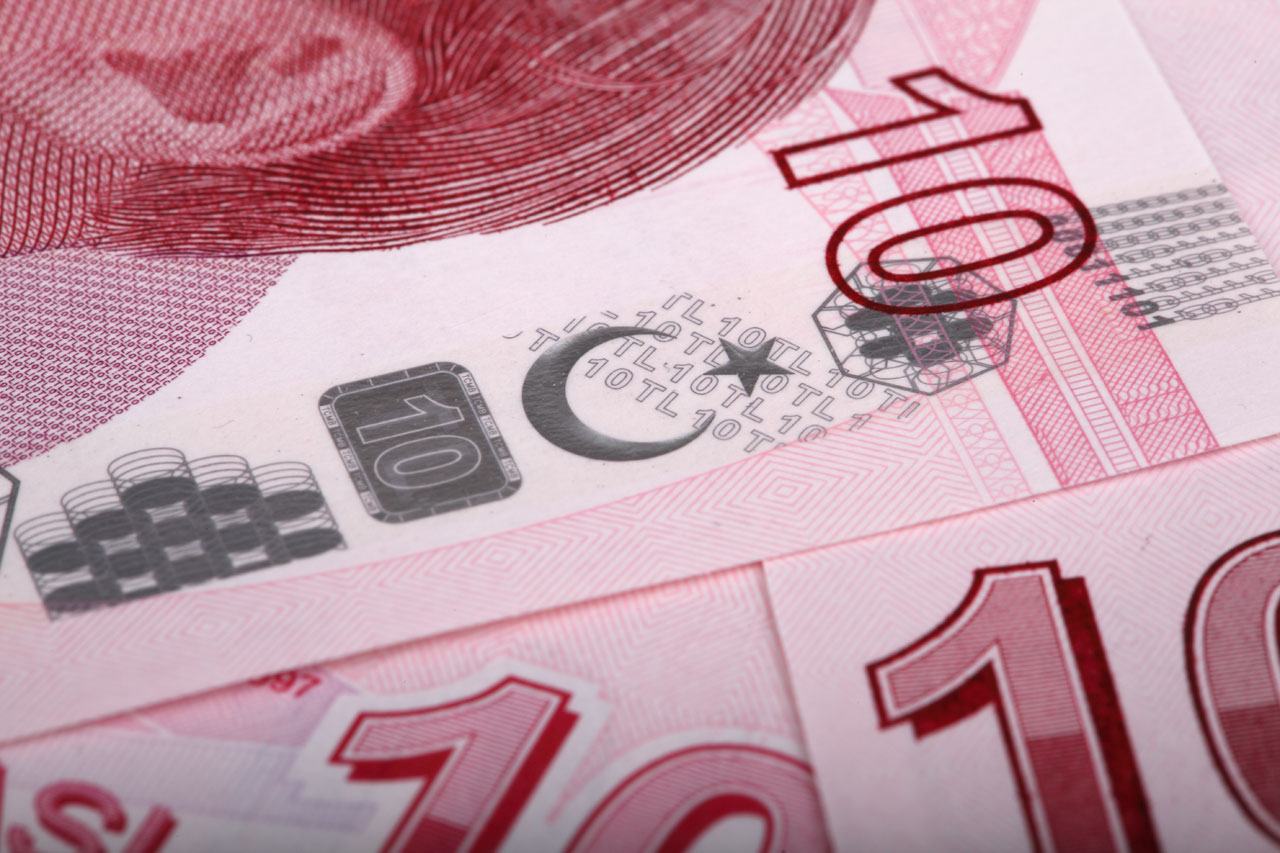
ISTANBUL (Reuters) – Turkey’s lira fell against the dollar on Wednesday, as concern grew about the effects of the country’s currency crisis after Finance Minister Berat Albayrak was quoted as saying he did not see a risk to the economy or financial system.
The lira has lost about 40 percent of its value this year, hit by both concern about President Tayyip Erdogan’s influence over monetary policy and a worsening rift with the United States over an American pastor Turkey has detained.
Investors are particularly concerned that Erdogan and Albayrak, his son-in-law, are not doing enough to guarantee central bank independence, assuage the markets and stem the sell-off.
“We do not see a big risk about Turkey’s economy or financial system,” Albayrak was quoted as saying by the newspaper Hurriyet, when asked about the biggest risk for 2019.
The Turkish lira weakened as far as 6.4 to the dollar in early trade on Wednesday, its weakest since Aug. 15. By 0728 GMT, it was at 6.3700.
Ratings agency Moody’s on Tuesday sounded more alarm about the banking sector, downgrading 20 financial institutions and citing the increased risk of a deterioration in funding.
“The downgrades primarily reflect a substantial increase in the risk of a downside scenario, where a further negative shift in investor sentiment could lead to a curtailing of wholesale funding,” it said.
Turkish government dollar-denominated bonds fell after the downgrade. Its 2043 Eurobond lost 1 cent to 68.22 cents in the dollar according to Tradeweb, and a 2045 bond dropped fell 1.1 cent to 80.77 cents.
For years, Turkish companies have borrowed in euros and dollars, to take advantage of lower rates. That has exposed them to substantial currency risk, heightening concern about how banks may be hurt by the crisis.
Separately, data showed on Wednesday that a measure of Turkey’s economic confidence fell to its lowest since March 2009.
Reporting by Ali Kucukgocmen; editing by David Dolan, Larry King.




